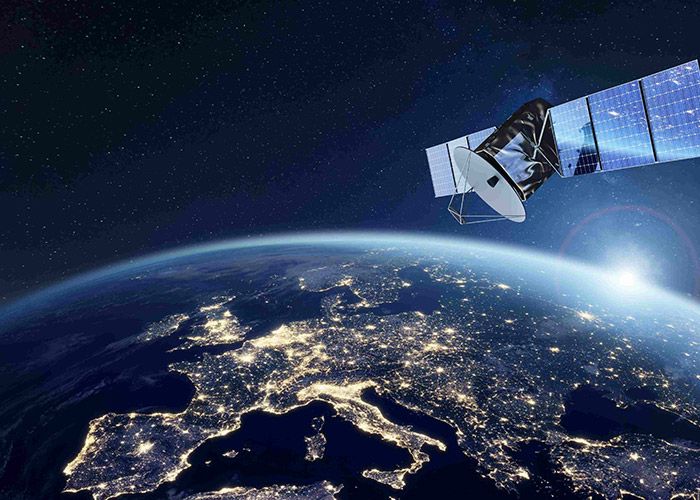Australian Start-Up Makes Breakthrough in Space Technology

A pioneering Adelaide-based start-up, OmnigenIQ, has successfully adapted its world-first bioreactor technology for deployment in space, paving the way for the on-site production of essential biological supplements that can support human health in zero-gravity environments.
The system, developed by OmnigenIQ, synthesizes proteins vital to maintaining muscle mass, bone density, and overall cellular function. This addresses pressing health issues like muscle atrophy and bone loss experienced during long-term space missions, thereby reducing reliance on resupply from Earth and lowering payload weight and costs.
Co-founder and chief science officer of OmnigenIQ, Tiffanwy Klippel-Cooper, said that the technology has dual-purposes across space and Earth applications. "We're excited about what this could mean for mission autonomy on longer-term space travel and supporting the health of astronauts as we push further into the unknown," she added.
The protein-like insulin is vital to maintaining astronaut muscle mass, bone density, and overall cell function, which can be produced as needed, preventing health issues like muscle atrophy and bone loss. This innovation has significant implications for future long-term space missions.
OmnigenIQ is one of four early-stage start-ups from South Australia, Victoria, Japan, and India that are completing Australia's first space accelerator program, Venture Catalyst Space, which supports the growth of South Australia's space industry. The program has supported 40 space start-ups since 2018, representing a collective AUD43 million in declared funds from investment and grants and creating a total of 240 jobs.
South Australian Space Industry Centre Director, Dr Catherine Grace, praised the program for attracting innovative space start-ups worldwide. "The Venture Catalyst Space program is a pivotal launchpad for local innovation and continues to empower space start-ups to scale-up and transform their cutting-edge ideas into sustainable space businesses," she noted.
Furthermore, UniSA Deputy Director of Business Incubation, Craig Jones, emphasized diversification's importance as the market for space-related products and services expands. "Witnessing innovative early-stage start-ups redefine what’s possible continues to amaze me. The technology has application in space as well as genuine capacity to solve terrestrial challenges," he added.
